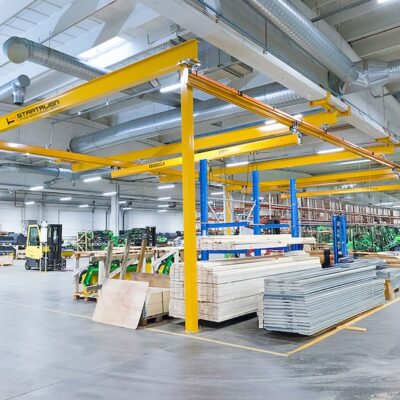5 health and safety tips to survive the festive season
Now that the silly season has arrived, here are a few, sometimes overlooked, seasonal health and safety issues to be aware of. 1. Eat, drink and be wary Bullying and […]
Now that the silly season has arrived, here are a few, sometimes overlooked, seasonal health and safety issues to be aware of.
1. Eat, drink and be wary
Bullying and harassment are growing topics in the health and safety space. End of year parties are a great way to reflect on another working year and celebrate the holiday season with workers and their families. However, for PCBUs (Person Conducting a Business or Undertaking), duties under the Health and Safety at Work Act do not simply end when work does.
Work parties are covered by the Act. It is essential to ensure that the health and safety of all workers and others are considered when planning and running work functions. This obligation means being a responsible host and ensuring that your workplace has clear and understandable policies around alcohol consumption and harassment, among other things. Be clear about what behaviour your business considers to be acceptable. Workers should also be reminded about the resources and support available to them, and be encouraged to speak out should any unsatisfactory behaviour occur at a work function. Health and safety considerations do not need to stifle celebrations—they will help to ensure that everyone can enjoy themselves appropriately.
2. Keep cool and carry on
PCBUs need to be conscious of the changing landscape of the hazards present in their business. Depending on your business, summer may increase certain risks in the workplace, including the risk of:
- sunburn
- heatstroke
- fatigue
- dehydration.
These risks are particularly pronounced in the construction and agriculture sectors. It may be appropriate to change work practices in response to increased risks, by providing, for example, sunscreen or other sun protection and scheduling work to avoid the hottest part of the day. The risk of fatigue may also be more pronounced in hot temperatures. Longer daylight hours may also make longer working days possible. It is important to consider encouraging workers to take more frequent breaks to ensure that they are not becoming overworked or fatigued, and have plenty of access to drinking water.
3. Stress less
For many individuals and families, the holiday period can be stressful. Holiday celebrations are often expensive. Parents may also be faced with additional childcare obligations during the holiday season. While PCBUs do not have any obligation to minimize risks outside of the workplace, they should keep in mind that stressors outside of work may affect the resilience of their workers to work-related stressors. At the same time, December can be busy and stressful for businesses especially, the retail sector. Practical steps include ensuring open communication lines with workers, making sure that the business is sufficiently resourced to deal with the Christmas rush and ensuring workers are supported properly.
4. Ensure that seasonal and temporary workers know their stuff
Temporary and seasonal workers are essential to many businesses during the summer months, including horticulture, agriculture, hospitality and retail, where work demands are at their peak. It is crucial for PCBUs to ensure that all workers are aware of relevant health and safety policies and procedures and that workers are adequately trained for the work that they are carrying out. It is important to ensure that adequate inductions, training and supervision occur for short-term and periodic workers.
5. Get your New Year’s resolutions sorted
The New Year is a great time to refresh health and safety policies to ensure they are still appropriate for your business, and that they are being properly implemented.
WorkSafe has recently indicated a change of focus towards the risks that are currently causing the most harm, including mental health, fatigue, musculoskeletal disorders, and exposure to airborne contaminants. WorkSafe is looking for businesses to impose positive culture change rather than focussing on strict compliance. This change in focus remind us that health and safety requires constant assessment of risks to keep people safe and ensure the PCBU’s business runs efficiently by keeping staff at their best.
Article brought to you by Sarah-Lee Stead, special counsel, and Richard Monigatti, associate, at Kensington Swan.






